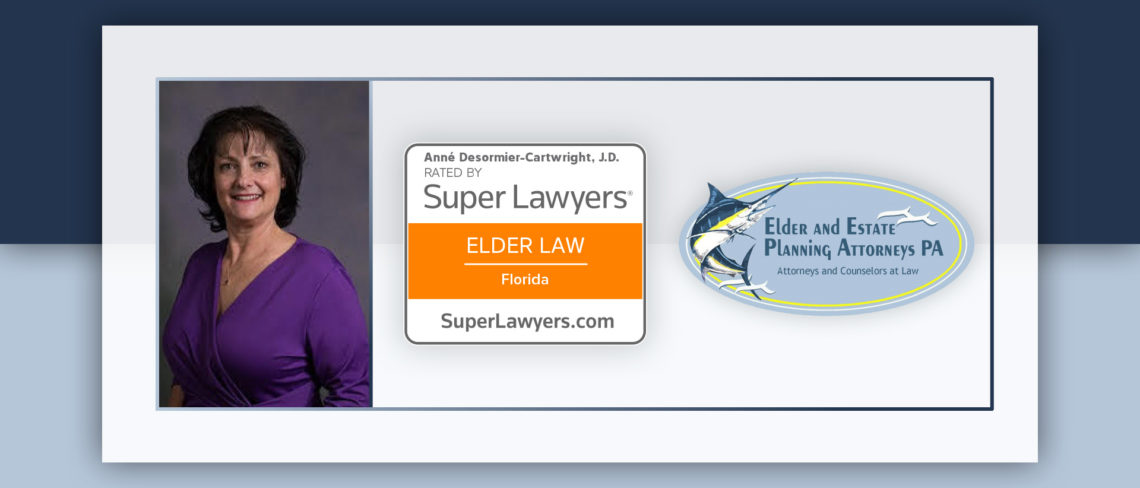During the holidays are you considering giving gifts of money to loved ones? Are you aware that monetary gifts can impact Medicaid eligibility? Did you know that if you needed to apply for Medicaid in the next five years, these gifts could have significant consequences? If you answered yes to the previous questions, be aware that the impact could be on both the giver and receiver.
With respect to the gift giver, be aware that the IRS allows a tax-free annual gift per person with an unlimited amount of donees. However, this relates to tax law planning, not to Medicaid eligibility.
In regard to gifting, Medicaid takes a different stance. In applying for Medicaid eligibility, when a person’s assets are reviewed, there is a “Look-Back” period of sixty months, depending upon the state. If it is found that the Medicaid applicant gifted money, or made an uncompensated transfer in order to be eligible for Medicaid, the penalty may be Medicaid ineligibility. The length of time of ineligibility is determined by the amount of the gift and the average cost of a private pay nursing home in the area.
Are there any options for the person deemed ineligible for Medicaid due to gift giving? Possibly. The gifter could collect the gift back, or reimbursement, in order to “undo” the penalty. Even if possession of the money makes he or she ineligible for Medicaid, he or she can spend it down by temporarily paying for long-term care or making a home modification related to his or her disability until he or she reaches eligibility status. In addition, there may also be a possibility of an undue hardship waiver, if Medicaid ineligibility will cause the person to go without medical care, food or shelter.
There may also be important impacts on the gift receiver. All states have an asset limit to be Medicaid eligible and it is not very high. In fact, Florida allows a single person to only have two thousand dollars. Even a small gift can push a potential Medicaid recipient over the eligibility limit.
With the assistance of an experienced Florida elder law attorney, a potential Medicaid recipient does have some options if he or she receives a gift. Your elder law attorney may suggest paying off debts and/or purchasing a funeral plan or a Medicaid eligible annuity. If money is received before applying for Medicaid, the money can also be spent down in a similar fashion.
Do you have questions? Please contact our law practice to learn more. We are here for you. Elder and Estate Planning Attorneys PA is a law office small enough to provide personal service but large enough to provide service in Palm Beach, Martin, St. Lucie and Indian River Counties.











